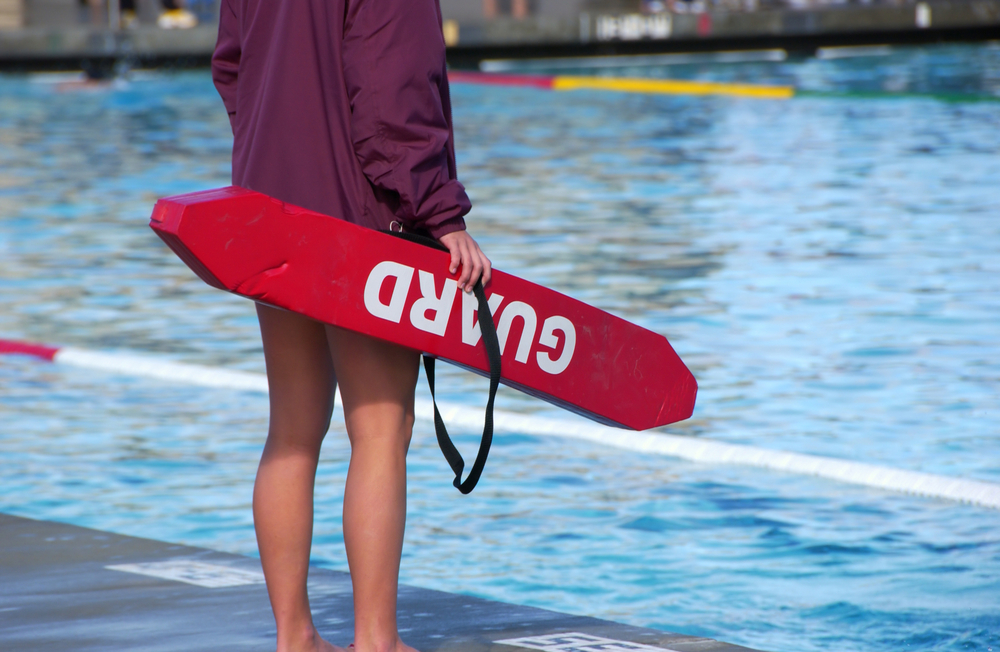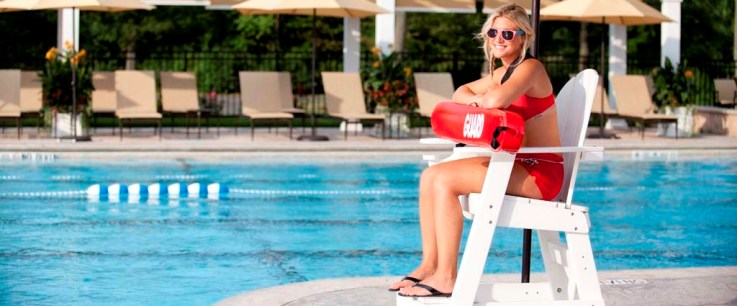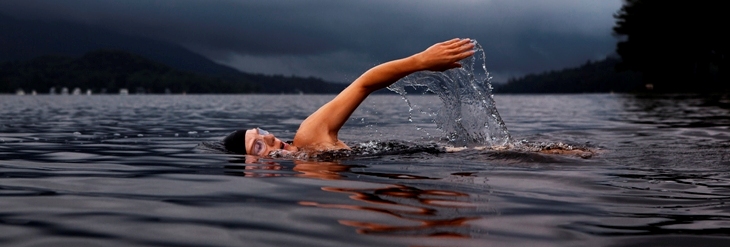3 Reasons Your Child Should Be a Lifeguard

Whenever parents bring their children to the pool or beach, it’s easy to overlook the lifeguards sitting patiently at their posts carefully patrolling all of the people and activities going on around them; especially if you are the parent of strong swimmers who you believe are more than qualified to be lifeguards themselves. Being a strong swimmer and loving the water are necessities to becoming a lifeguard, but in reality the duties of one are much more involved and crucial to the enjoyment and safety of all pool and beach patrons.
Teaching Responsibility
Working as a lifeguard is not a cushy summer job. Movies may fill our heads with images of tanned easy going young adults, sunbathing in over-sized white chairs for hours on end. This is just simply not true. A lifeguard is expected to be prepared for a life or death situation that can arise at any moment. In many cases, a vigilant lifeguard should be able to prevent an emergency from happening because of their watchful eye.
Teaching a Courteous Attitude
As a lifeguard, your child will learn social skills that help them communicate and assist patrons with whatever they may need. Many of us know that dealing with customer relations can sometimes be tense, especially in situations where a person may need to calm a patron who is in distress or upset. As a lifeguard, your child will be trained to handle these types of situations with a positive and courteous attitude.
It is the lifeguards duty to remain calm and positive during these incidents, allowing for medical personnel (if needed) to complete their job while the patrons stay clear and safe.
These types of skills are invaluable, and will also help your child will feel more confident in themselves their actions.
Teaching Health and Wellness
Maintaining a healthy lifestyle is something that we should all aspire to, and becoming a lifeguard will greatly increase your child’s physical activity, even if they already exercise on their own. Lifeguards are expected to pass a number of physical tests, one of which includes dragging a struggling adult body out of deep water, along with many other physically demanding tasks. Don’t fret if you’re worried about your child passing these tests. In fact, around 2 ½ hours each week of activity, like swimming, can decrease someone’s risk of having a chronic illness.
Teaching health and wellness at a young age will help encourage your child to continue these habits into their adulthood. Each working lifeguard is expected to maintain the same physical fitness from when they were hired. Your child will be able to take many of the tasks completed during their physical tests and turn them into a workout routine. Not to mention ample access to a swimming pool or beach, where your children can continue to hone their skills as swimmers.
The duties of a lifeguard should not be taken lightly, and this kind of training will prepare young adults for the future ahead of them. Knowing how to save lives in the water is fundamental to becoming a lifeguard, but the job as a whole is much more well rounded. It involves learning social standards and proper ways to interact with patrons, along with keeping the peace in tense situations. Also, it provides motivation and understanding for living a health conscious lifestyle, where exercise and diet are crucial to one’s abilities as a lifeguard.



